I was looking forward to Supermassive taking its refined horror narrative chops to The Casting of Frank Stone, a tale strongly inspired by Behaviour Interactive’s Dead by Daylight universe. The result is messier than I expected, though. Much of my experience in Frank Stone wasn’t scary, and the only thing that hooked me was my curiosity to find out how everything comes together at the end.
Frank Stone is rough around the edges. It’s entertaining, but Supermassive proved itself a stronger storyteller in previous games. The studio might feel weighed down because it’s trying to tie everything back to the Dead by Daylight universe, and can’t help but consistently remind you throughout the story. Still, the game needs more polish and is tough to enjoy when there are bumps in the road.
The making of Frank Stone
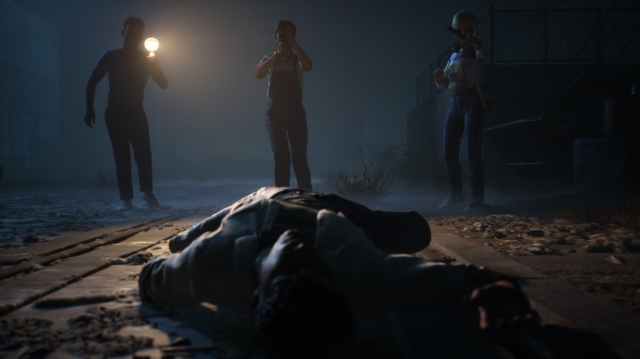
We can’t discuss Frank Stone’s plot in too much depth, but timelines are an important aspect of the story. The game begins in 1963, and we’re introduced to serial killer Frank Stone and Cedar Hills officer Sam Green. Sam takes down Frank at the town’s mill and saves a baby. After that, most of the game is split between two parallel storylines in 1980 and 2024.
No one truly dies in the Dead by Daylight universe, and Frank Stone’s soul is seared into the Cedar Hills mill after his death. Fast forward to 1980, and teenagers Jamie, Chris, and Linda are shooting the final scenes of their movie Murder Mill at—you guessed it) that same mill—the perfect location for a low-budget horror flick.
Here’s where things get confusing. While this is happening, in 2024, a handful of key characters possess Murder Mill film strips and are called together by someone who wants to purchase them for nefarious means. The 2024 storyline is more of a mystery thriller, as the characters try to figure out why their film pieces are important and how they fit into the grander story.
I won’t spoil the larger story, but Supermassive’s multilayered narrative could have been more organized, and it stumbles a few times along the way. After my first playthrough, I understand a good chunk of Frank Stone, but I’d need further playthroughs to fill in the gaps. Even then, I dread that connecting the dots still won’t answer all my questions and I’ll be left scratching my head.
In my opinion, Supermassive focused too much on jumping between the two timelines, so I struggled to find my feet in the story. The characters were present, but I didn’t get to know them enough to become invested in their fate—or dread what their bloodthirsty stalker could do to them.
Missing the jump scares
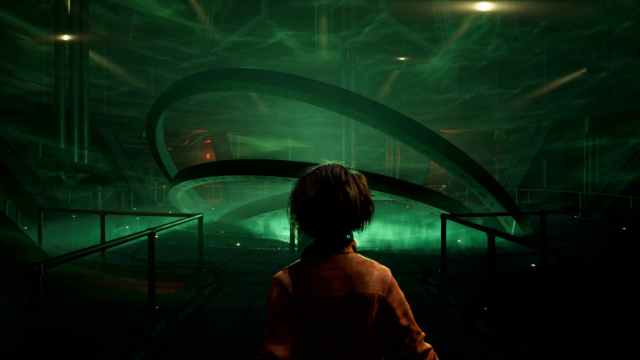
At its core, Frank Stone is supposed to be a horror story, but I was never scared. There are scary moments, with blood and graphic character deaths, but nothing unusual for Supermassive. The studio has followed these core trademarks since it released Until Dawn in 2015, nearly a decade ago. With so much focus on timeline jumping and how the two timelines connect, there’s little time given to scary, heart-pumping moments—instead, they’re mostly reserved for cutscenes and quick-time events.
Nothing jumped at me or surprised me. The scary parts were perfectly foreshadowed, never catching me off guard. It’s disappointing that the horror didn’t hit the mark. Certain critical moments ramp up the tension, and there are many opportunities for characters to die, but the way the plot devices are structured and how they progress means there’s more focus on the overarching tale—and how it happens is more important than what’s actually happening.
Unpolished final product
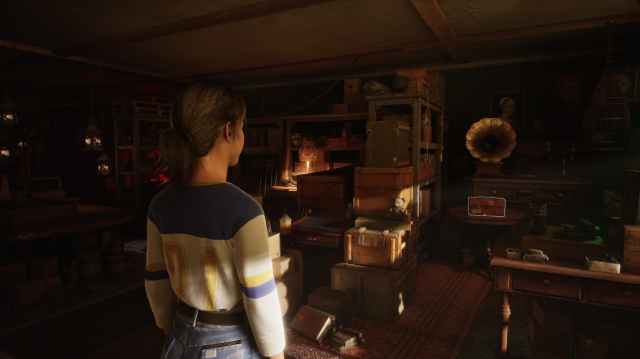
In addition to the shaky plot and not-so-spooky narrative, a handful of issues and rough edges stuck out throughout my playthrough of Frank Stone. There were several visual glitches, where a character’s hair wouldn’t move correctly, or an animated section looked off. Also, the lip-syncing was always a hair-off from the dialogue, which was a bit unsettling—and not in a good way. Thankfully, none of these problems were game-breaking, but they were consistent during multiple cutscenes.
I also had a major grievance with a new quality-of-life feature Supermassive added to Frank Stone. It’s a fantastic system called the Cutting Room Floor, which allows you to pick and choose critical moments to return to after completing the game. You can see the threads of how small choices can spiral out to create larger plot points, making it much easier to see every piece of the story. Visually, it’s a great way to keep track of everything to ensure you don’t spend too much time backtracking.
But the feature has a big problem—you can’t fast-forward or skip dialogue you’ve already heard. If you want to play out the beginning section again, you have to tediously listen to every piece of dialogue again. Adding a skip option would make the Cutting Room Floor much better and encourage me to remain in the game rather than putting it down to watch these entries on YouTube. It’s a small addition that would make it a must-have feature for every Supermassive game moving forward. The concept is great, but the execution could be better. It’s still better than starting a fresh game for every tiny detail, though.
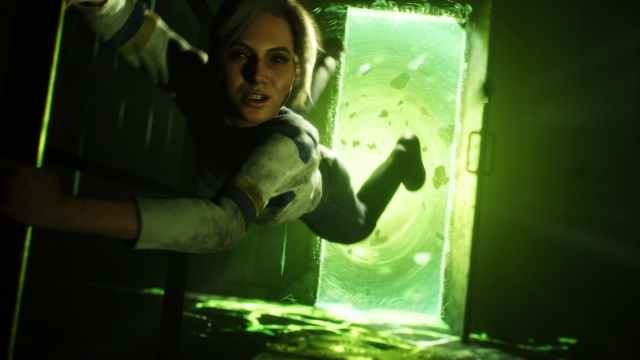
I had high hopes for Frank Stone, but Supermassive has written scarier, better narrative-focused horror games. Creating a unique story-driven game set in the Dead by Daylight universe is a great idea, but Frank Stone doesn’t focus enough on the elements that make Dead by Daylight unique, like the thrill of outwitting a relentless Killer as they search for you, or frantically repairing something with a group of friends. It feels like a missed opportunity to omit these key moments, despite Supermassive finding nearly every opportunity to remind you that this is set in the Dead by Daylight universe.
If the story had been slowed down a bit to allow characters to breathe—and so we could get to know them—and the scares slowly built up, this could have been a fantastic project. But that’s not the case. The Casting of Frank Stone is solid, but it needed more polish and a lot more horror.
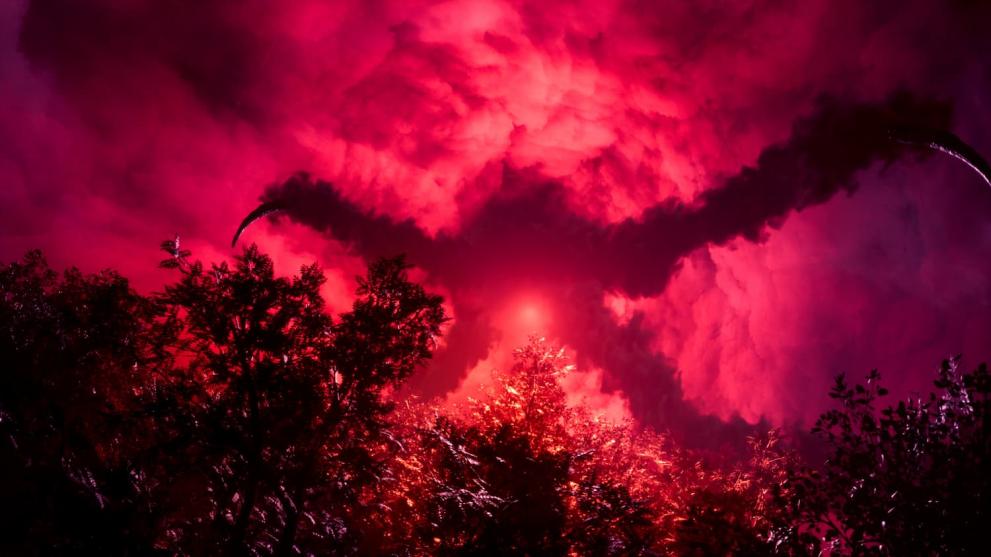
- Gorgeous visuals
- Fun, B+ movie horror story
- Enjoyable Dead by Daylight tie-in for fans
- Minor visual and animation problems
- Desperately needs a cutscene skip button
- Not-so-scary horror plot


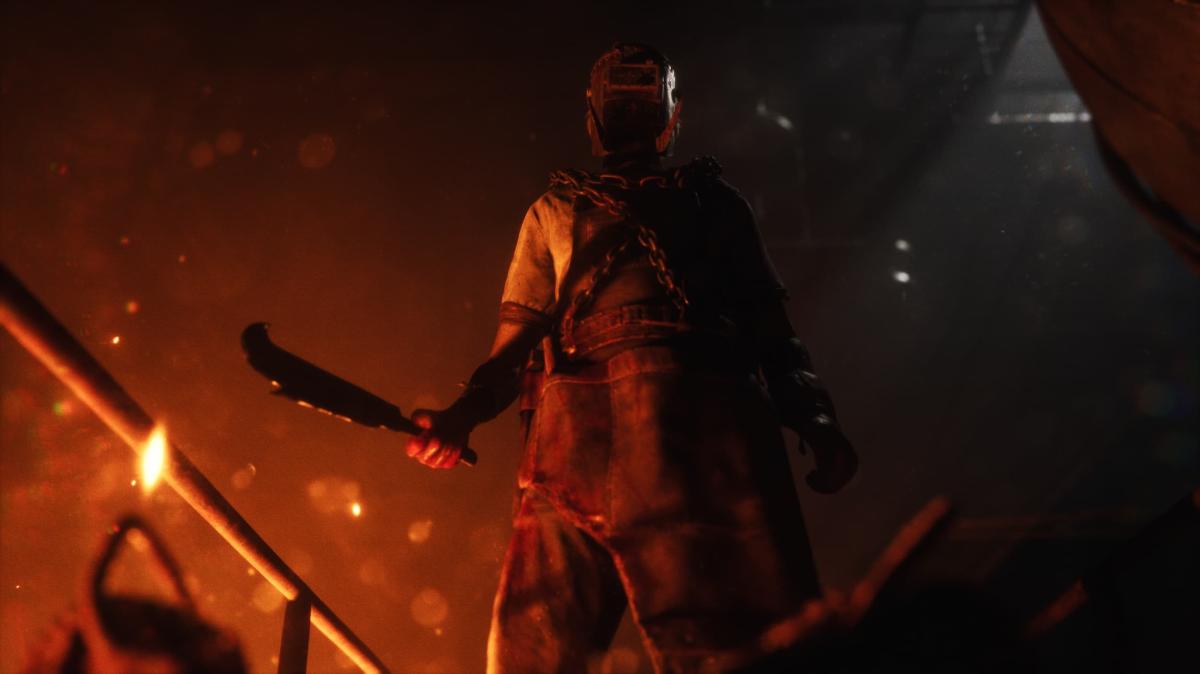
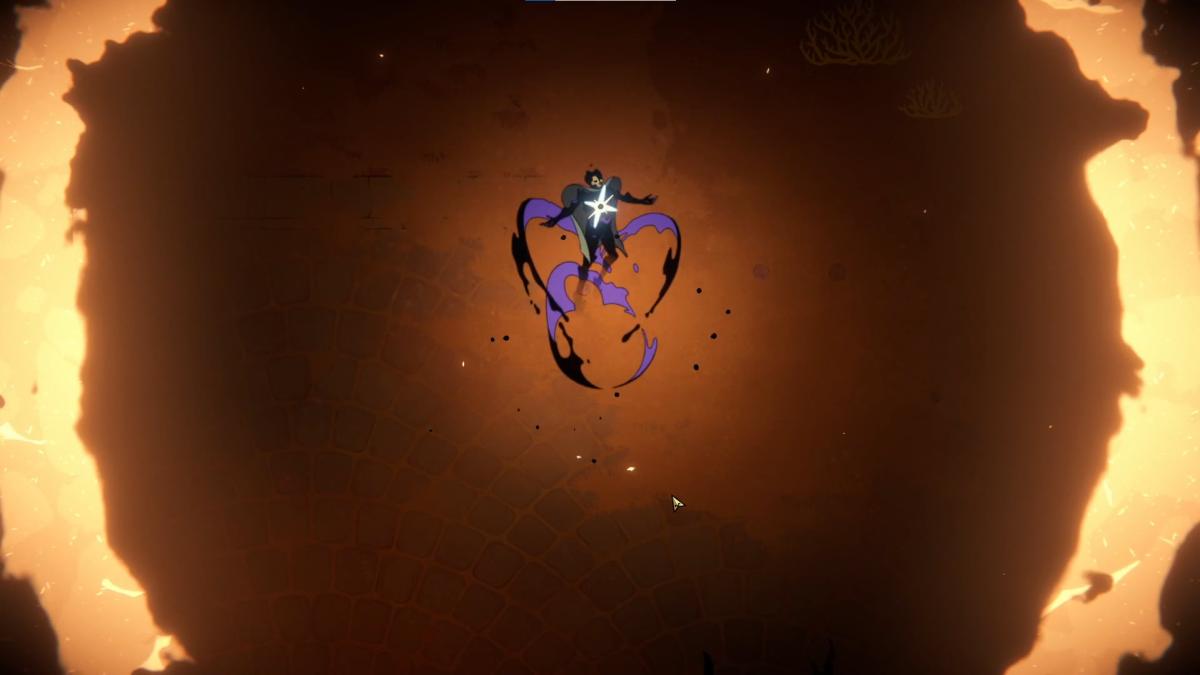
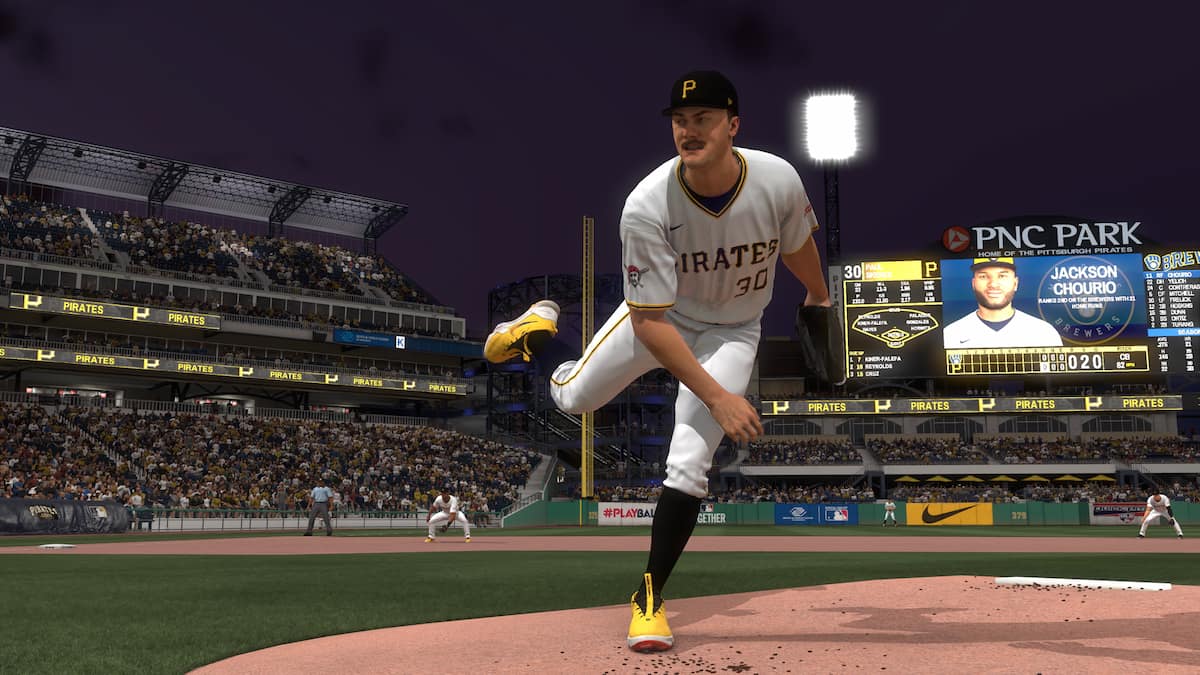
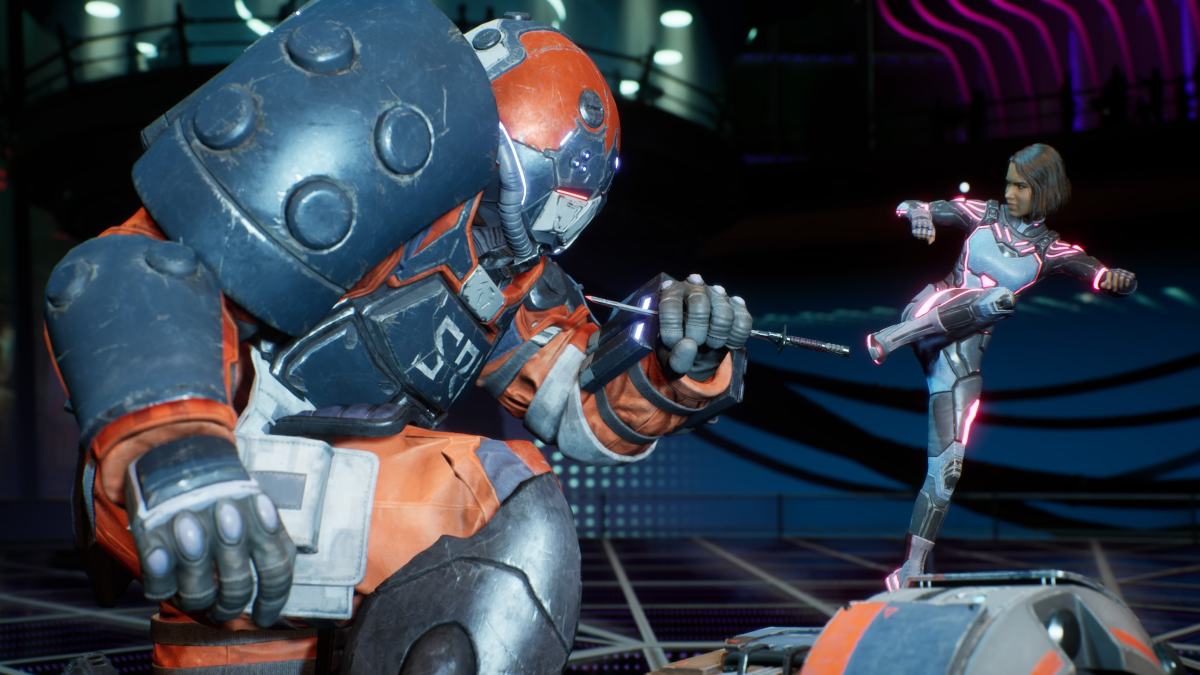
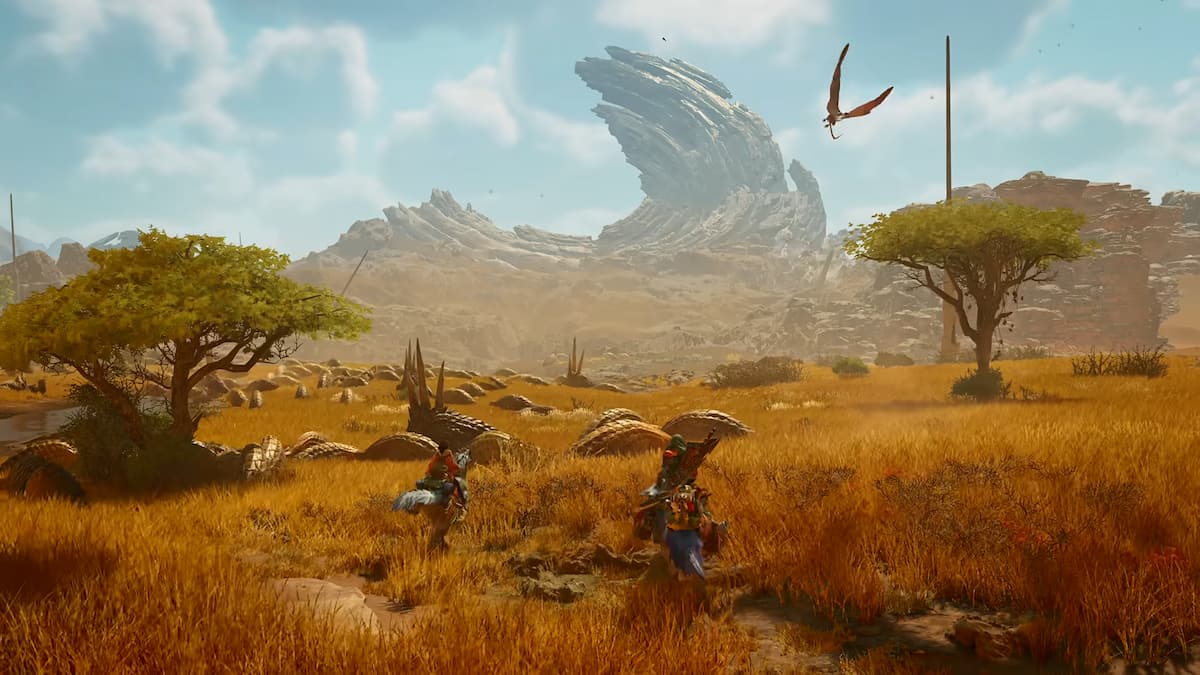
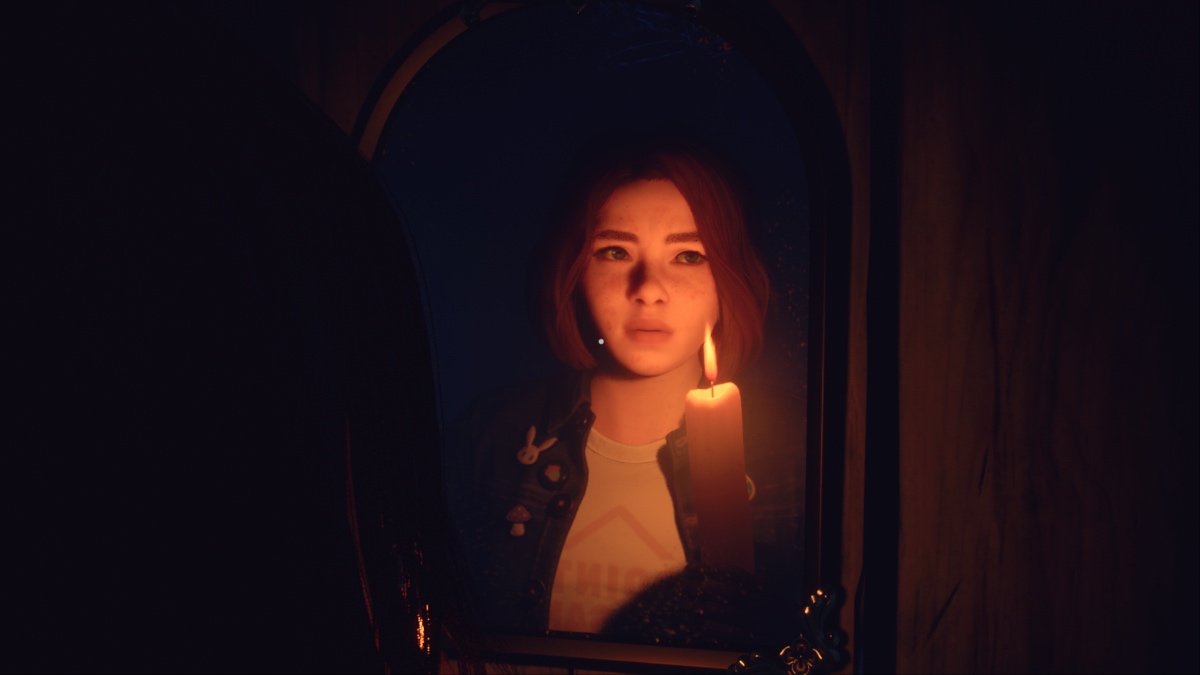
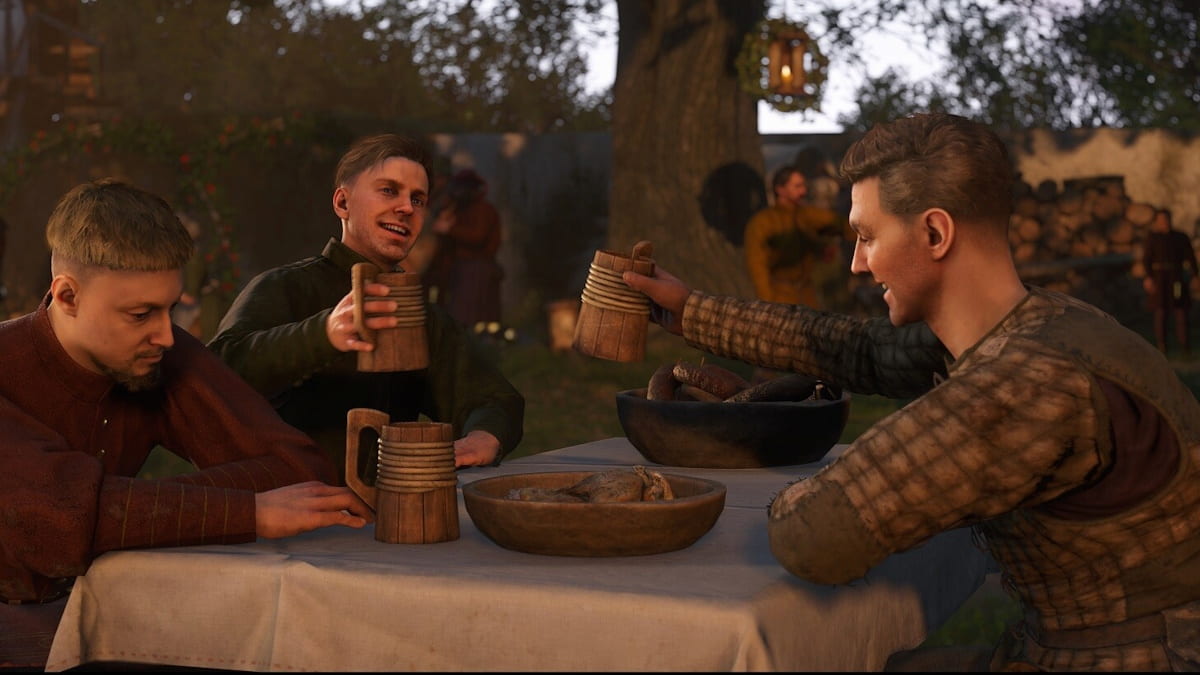
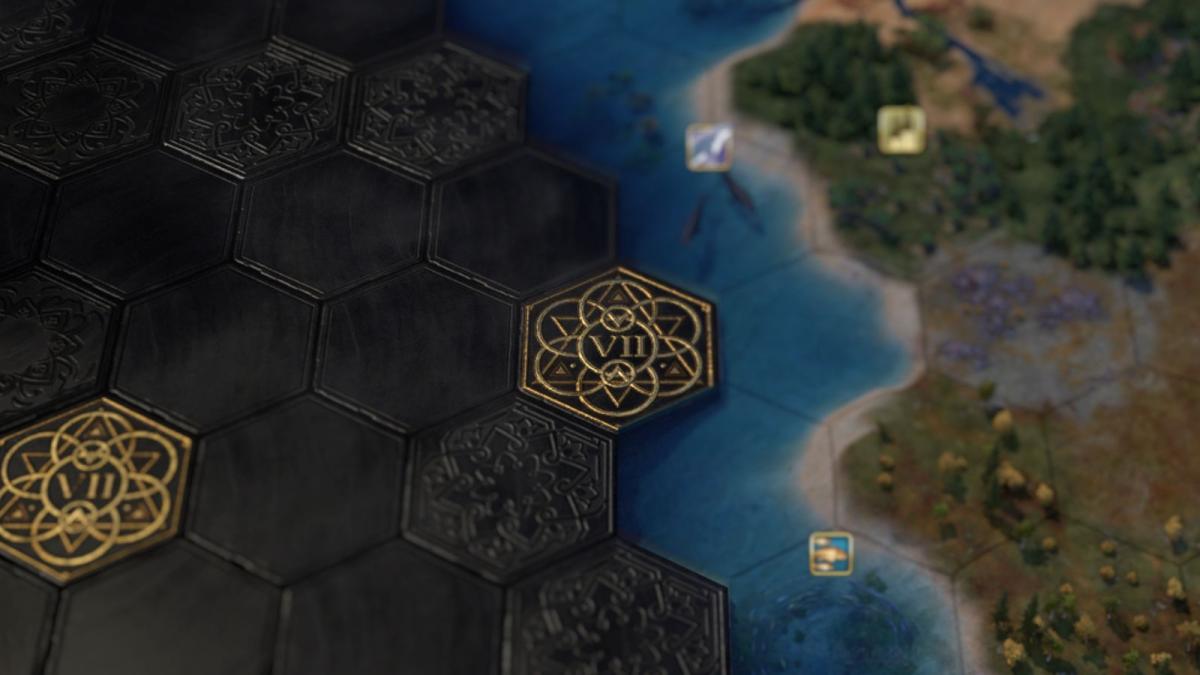
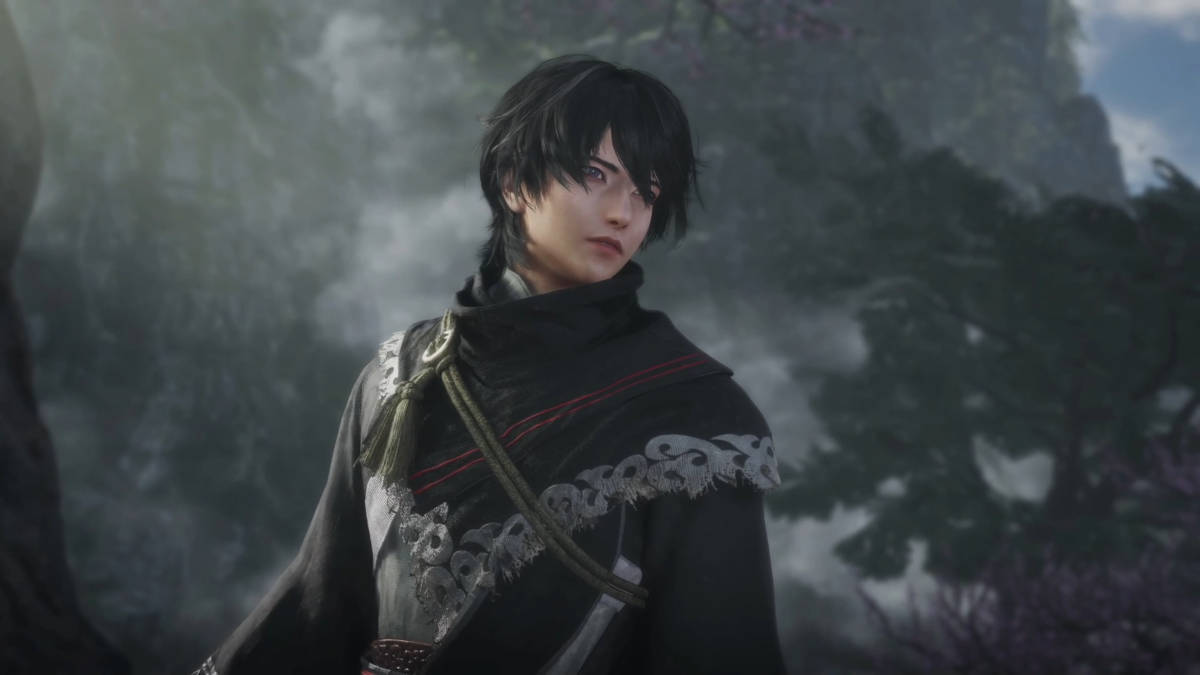
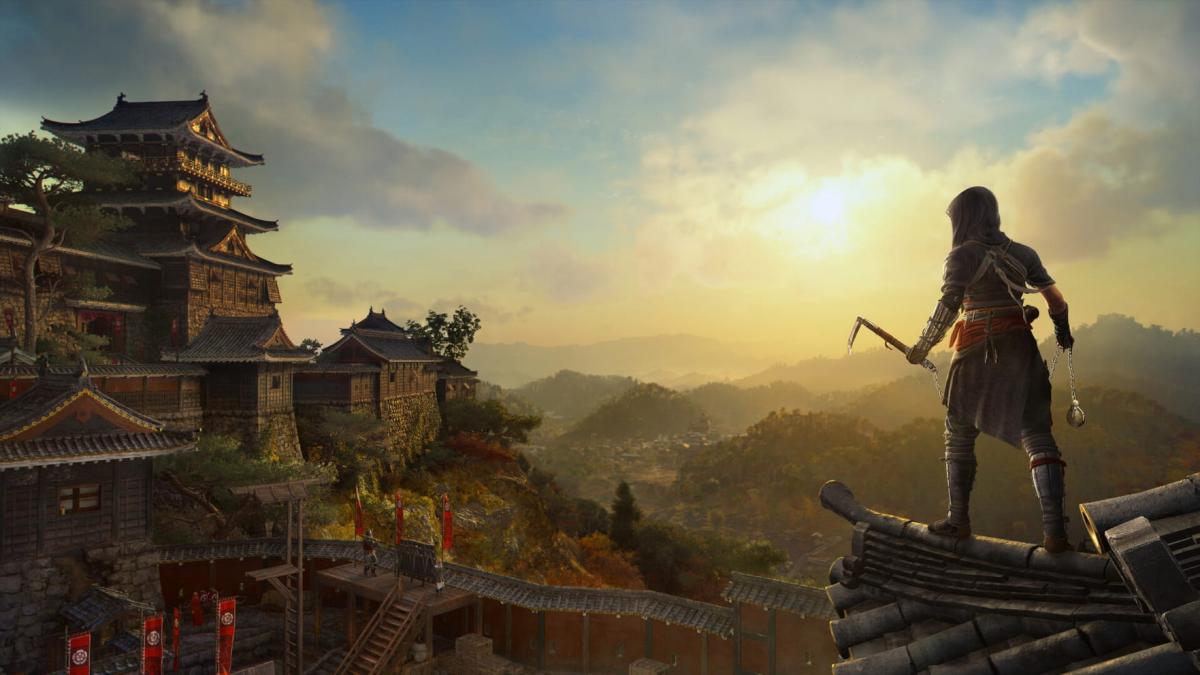

Published: Sep 3, 2024 08:00 am